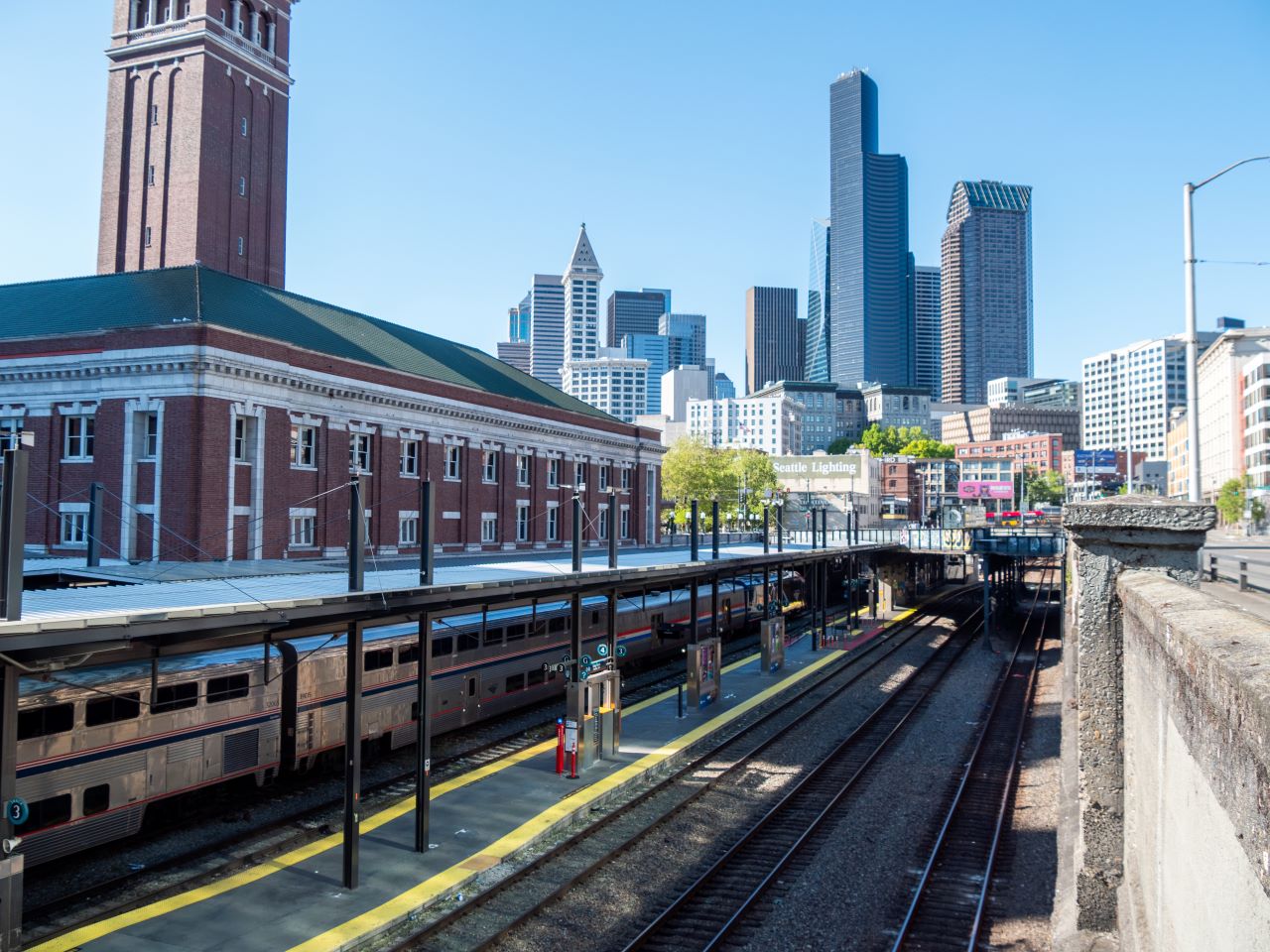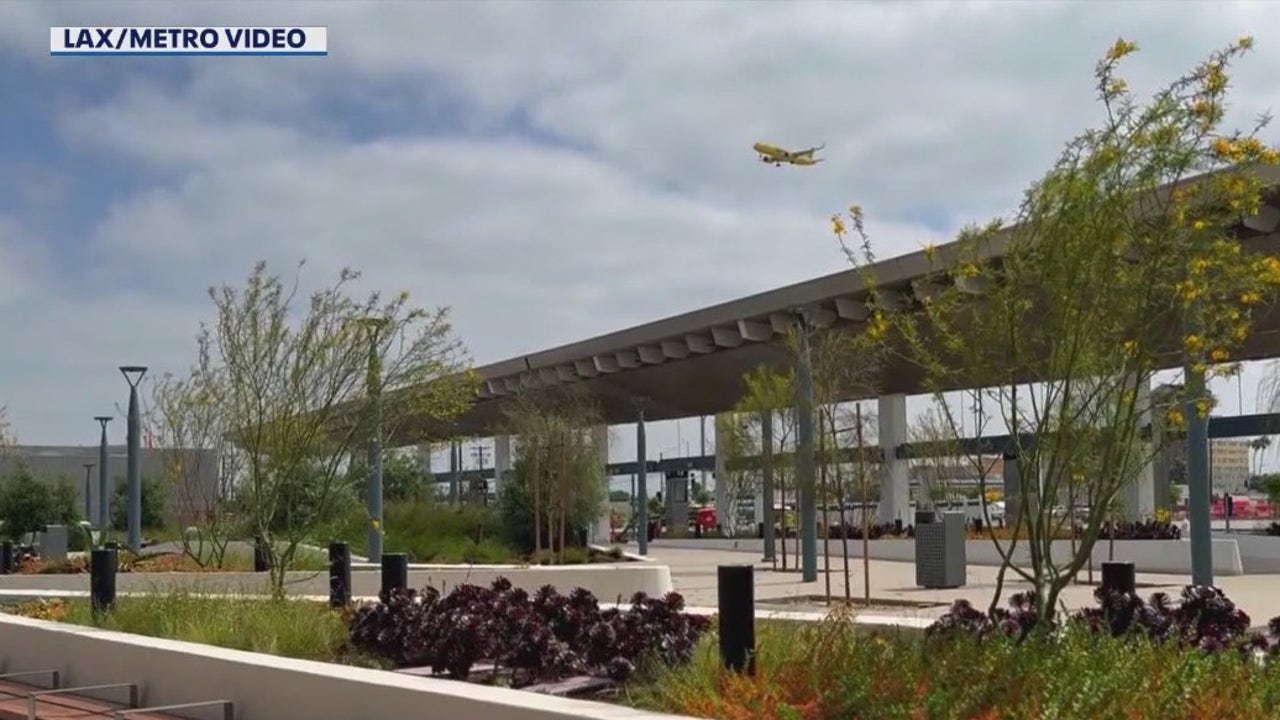Ohio’s brand-new U.S. senator just threw cold water on the state’s long-awaited passenger rail dreams. In a Senate hearing Wednesday, Bernie Moreno questioned why the federal government is even in the business of running Amtrak — and suggested it shouldn’t be.
Moreno, a Westlake Republican, said Amtrak’s service can’t compete with privately run lines like Brightline in Florida. He called Amtrak’s trains outdated and inefficient, comparing them to “a Russian car from the ‘70s.”
The timing’s notable, because back in Ohio, the DeWine administration is still studying whether to greenlight new Amtrak routes — including a big one connecting Cleveland, Columbus, Dayton and Cincinnati. If approved, those trains wouldn’t start rolling until 2030 at the earliest.










